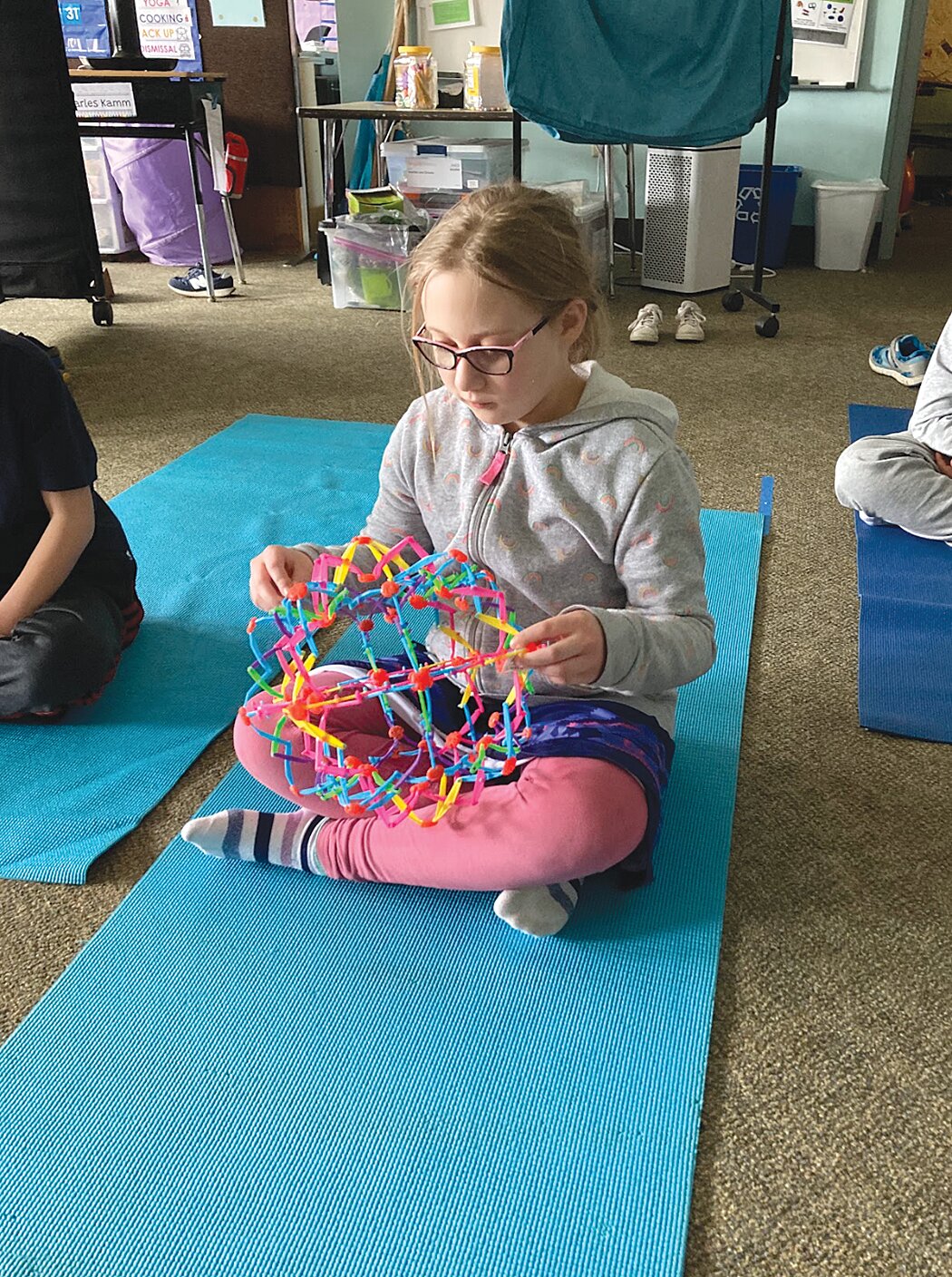- THURSDAY, JULY 18, 2024
A tradition of learning in untraditional ways
The Wolf School builds the ‘extra’ curricular into its core curriculum, creating learning opportunities both inside and outside the classroom
Because they teach a unique group of students, Wolf School teams teach in unique ways. They call their students “complex learners,” a simple, two-word descrption for children with a wide …
This item is available in full to subscribers.
Please log in to continue |
Register to post eventsIf you'd like to post an event to our calendar, you can create a free account by clicking here. Note that free accounts do not have access to our subscriber-only content. |
Day pass subscribers
Are you a day pass subscriber who needs to log in? Click here to continue.
A tradition of learning in untraditional ways
The Wolf School builds the ‘extra’ curricular into its core curriculum, creating learning opportunities both inside and outside the classroom

Because they teach a unique group of students, Wolf School teams teach in unique ways. They call their students “complex learners,” a simple, two-word descrption for children with a wide array of learning challenges.
Wolf students typically have high cognitive abilities, but with learning challenges that prevent them from thriving in traditional classrooms. So Wolf teaches them in nontraditional ways.
One way is their “co-curricular” program. In most schools, this would be the extracurricular program — a diverse menu of add-ons to the regular school day, like the sports, clubs and organizations that students take part in after their school day. At Wolf, the younger students engage in co-curriculars like horseback riding, swimming, yoga classes and art movement classes during their school day, all year long.
In the past, Wolf students have done gymnastics, dancing, karate and other creative activities that serve students in a multitude of ways.
Kelly McDonald, Wolf’s director of clinical programs, said these activities create learning opportunities before, during and after they happen. “We really put a lot of thought and planning into these programs,” McDonald said. “We use them to complement our academic curriculum, and to reinforce our core values.”
Movement and activity
One of the core practices at Wolf is to get students moving. “Research clearly shows that physical activity has so many benefits for learning,” McDonald said. “We know that exercise and physical activity really light up the brain, so we’re constantly figuring out new ways to get kids moving.”
Wolf students take a physical education class every day, have recess every day, take regular “brain breaks,” and do movement-based learning within their classrooms every day. The co-curriculars are the flashiest examples of the movement-based educational model.
Planning and execution
For these younger students, many of whom are just beginning to learn how to learn, the co-curricular activities involve a lot of preparation.
“Many of these activities can provoke some anxiety in students, because they’re new and they’re different, and they’re unknown, and we use all of that as a teaching opportunity,” McDonald said. “We do social stories to help them prepare. We preview what’s going to happen … We really carefully think about all aspects of what they’re doing. Plus, we’re there to support them through the entire experience.”
Leah Valentine is a longtime teacher in Wolf’s lower school, and she’s helped shepherd many students through these big moments.
“We practice what they’re going to do. We role play. We pretend … There are so many learning opportunities,” Valentine said.
Most Wolf students, especially at the younger grades, are just beginning to learn executive functioning skills and self-regulation. They’re developing their language skills. “These excursions give them a chance to try and practice all of these, and it’s in a real-world setting,” Valentine said.
A confidence booster
For students who fear the unknown, climbing atop a horse and taking hold of the reins can be an incredible accomplishment — a real source of pride.
“Some of them are battling their fears, just getting up on that horse,” Valentine said. “Once they do, that is such a life experience, such an accomplishment.”
McDonald added, “It can be such a confidence booster for our kids.”
The activities also create endless opportunities for connection between school and home. Asked about their day, students are far more likely to mention their trip to the riding stables or doing downward dog, than anything that happened during their math lesson that day.
And staff can share stories, anecdotes, photos and videos, letting parents see their children engaging in activities they might have never envisioned as possible.
“The fact that we’re able to offer these programs during the school day, with our staff, is so beneficial to their learning,” McDonald said. “We’re using the same language, reinforcing the same social skills, the self-regulation skills, that we’re working on in the classroom, but we’re able to use and develop them in a totally different context.”
It all happens outside the traditional classroom, which is one of the core traditions at Wolf.
Other items that may interest you







